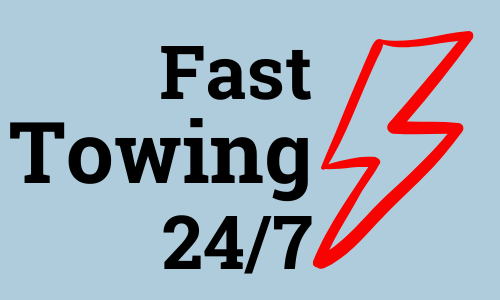Best Roadside Assistance Plans and Companies (2024)
Cost isn’t everything. A $20 add-on may cover much less than a stand-alone plan that costs $150 per year. As you shop around, there are a few things you should know about roadside assistance to accurately compare plans between providers.
What Does Roadside Assistance Cover?
There are five roadside services that are common among virtually all companies.
towing: A tow truck driver can bring your vehicle to the nearest repair shop or farther depending on your coverage limits.
Lockout assistance: This service gets you back in your car if your keys are locked inside. Some plans can also make the car drivable if you lose your keys.
Battery jump-start: You can get assistance if your battery needs a bit of juice to get going.
Spare tire installation: A technician can install your spare tire when you get a flat tire.
Fuel delivery: You can get fuel delivered if you run out of gas. Many companies also supply other essential fluids like oil. You’ll pay for the cost of fluids or fuel in most cases.

Who Is Covered?
Generally speaking, roadside assistance companies cover you or your car. If the company covers your car, you can only get service when you’re driving your vehicle. But if the plan covers you, you can get service whether you’re driving your car, driving a rental or riding in a friend’s car. Some companies like Good Sam even cover your family members as drivers or passengers for free.
Roadside plans may or may not cover motorcycles and RVs automatically. You might need to pay a surcharge to get coverage for one of these vehicles.
Roadside Assistance Coverage Differences Between Companies
Below are a few more roadside services that are less common and can set the best roadside assistance plans apart.
Winching
A tow truck with a winch can extract your car from mud or snow if you get stuck in a ditch on the side of the road. Some roadside assistance plans cover this service.
Rekeying Services
Lockout assistance includes unlocking your vehicle. If you lost your keys entirely, you’ll need rekeying services, which only some roadside assistance plans cover.
Trip Interruption
Many roadside membership plans include trip interruption. This benefit reimburses you for food and lodging up to a limit if your car is disabled far from home.
Battery Replacement
If a jump-start doesn’t work, you’ll need a new battery. Some roadside providers can send a new battery to your location. You’ll pay for the cost of the battery but the plan typically covers installation.
Road Hazard Coverage
This perk reimburses you for tire replacement if a tire is damaged beyond repair by a road hazard.
Discounts
Many roadside membership programs offer discounts on travel services, entertainment, dining and shopping.
Roadside Assistance Plans Have Limits
All roadside assistance plans come with limits. These usually include limits on towing distance and service calls per year.
Towing Limits
Many insurance add-ons and basic auto club plans cover towing to the nearest repair facility and no farther. Higher membership club plans can cover towing for 100 or even 200 miles in some cases.
Service Call Limits
Most plans cover a limited number of service calls per year. For example, AAA and Better World Club cover up to four service calls per year. After that, you’ll pay additional costs out of pocket.
Roadside Assistance Insurance Add-Ons Usually Require Full Coverage
You’ll need comprehensive and collision coverage in most cases if you want to get roadside assistance from an auto insurance company. If you have minimum coverage, adding full coverage to get roadside assistance will increase your total premium.
